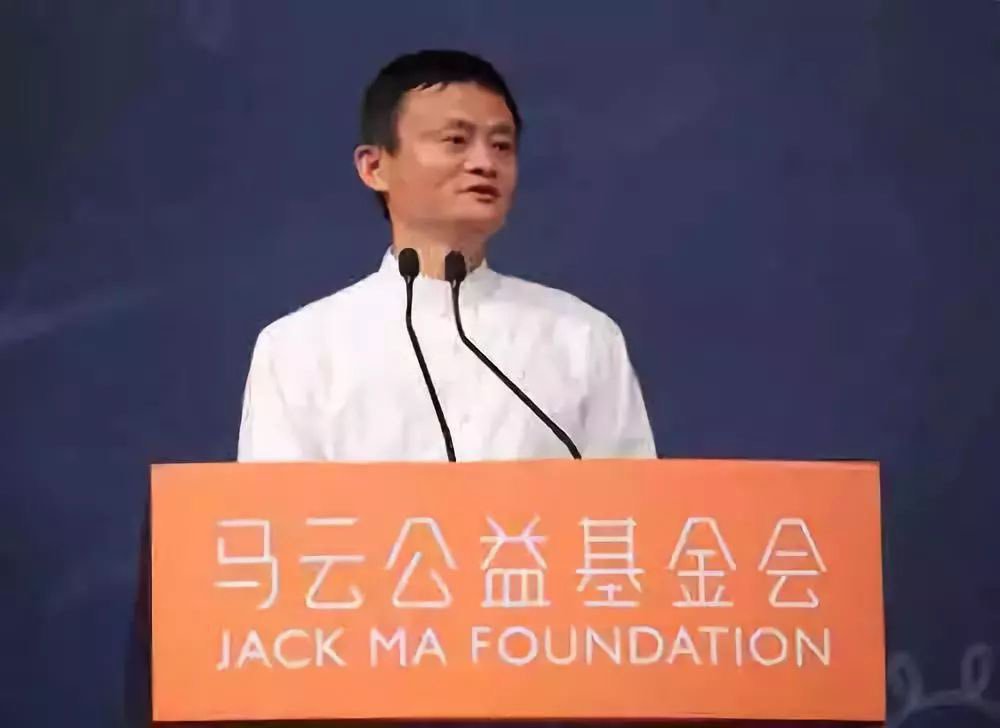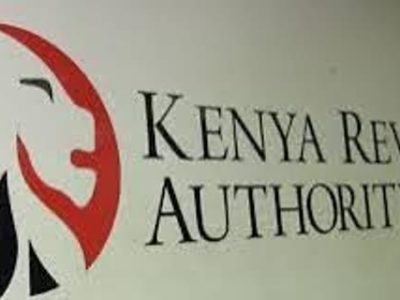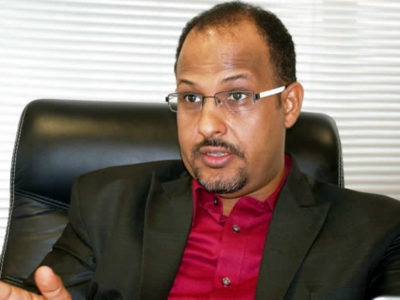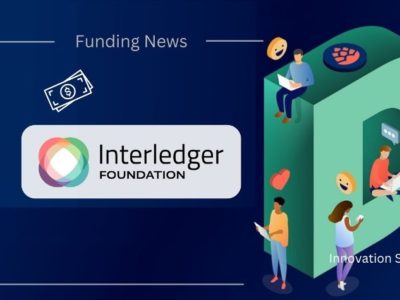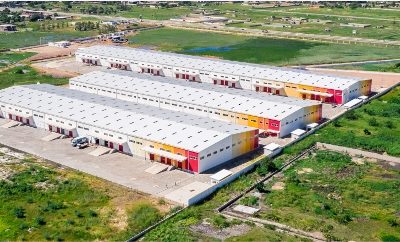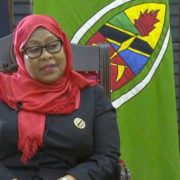As the global fight against Covid-19 continues, the Jack Ma Foundation and Alibaba Foundation have been helping to bring together medical experts from around the world to share knowledge, experience and best practices for combatting and treating Covid-19. The Global MediXChange for Combatting COVID-19 (GMCC)(https://bit.ly/2AbTySj) is a platform established by both Foundations and Alibaba Health with the goal of fighting the virus through knowledge sharing and communication. Through GMCC, global medical workers have digital access to epidemic prevention resources, videos and webinars, and tools for online discussions. The establishment of the GMCC follows global donations from the Jack Ma Foundation and Alibaba Foundation of medical supplies to more than 150 countries and regions including all 54 countries in Africa (https://bit.ly/36C4THx).
In Africa, 11 webinars have been held as part of the GMCC for medical workers from nine African countries, including Kenya, Ghana, Egypt, Ethiopia, Rwanda, South Africa, Tanzania, Zimbabwe and Sudan. In total, 102 African hospitals and over 4,500 medical personnel have taken part in these sessions. The webinars have focused on urgent questions as outlined by the participating hospitals and spanned topics including hospital preparation, resource allocation, infection control and treatment, as well as nursing and rehabilitation best practices. The latest webinar was held today in collaboration with the United Nations Office for South-South Cooperation.
The latest webcast saw the participation of Dr. Sara Abdelazim Hassanain, Undersecretary of Federal Ministry of Health, Sudan, who delivered opening remarks; and Dr. Xiaojun Grace Wang, Deputy Director, United Nations Office for South-South Cooperation (UNOSSC).
While attending a GMCC webinar co-hosted by the Africa Centres for Disease Control and Prevention (Africa CDC) last month (https://bit.ly/3c6CN8n),Jack Ma, founder of the Jack Ma Foundation and Alibaba Group, noted the importance of collaboration and sharing in combatting the health crisis, “Over the past 3 months, I have spent each and every day following the pandemic. And during our donation efforts, we realized that not only medical supplies are needed, but also frontline experience to fight the virus. That is why we established the GMCC. The virus does not distinguish between races and people; the virus does not need a passport. Solidarity and collaboration are the only way we can succeed. The solution is not isolation, but instead cooperation.”
The medical community in Africa have noted that the exchange of insights and key learnings has helped drive practical and implementable progress in the ongoing efforts to defeat the virus. Here are some of the most notable comments:
“Partnership is key to winning the war against Covid-19 (…) If we do not want Africa to be the next epicenter, we must foster multisectoral partnerships at the community level, at the national level, at the continental level and the global level. This important collaboration is a major milestone in achieving this,” said Dr. John Nkengasong, Director, Africa Centres for Disease Control and Prevention (Africa CDC).
“First and foremost, I would like to thank you for the organization of the webinar, the implementation was outstanding and we look forward to having future collaborations,” said Dr. Rasha Abdelkader, Supreme Council of University Hospitals (Egypt).
“Last week’s webinar was really helpful. It helped us to further develop the organization of our Covid-19 task force and team, refine our deployment plan, and apply safe and effective utilization of PPE’s,” said Sisay Sirgu Betizazu, MD, MPH, Academic and Research Vice Provost, St. Paul’s Hospital Millennium Medical College (Ethiopia).
“It was very good and helpful (…) the feedback from the call was positive and the country has taken lessons from them and other areas to use. We continue to revise our notes as more and more literature becomes available,” said Dr. Kezia Malm, Senior Public Health Specialist- National Contact Tracing Team (Ghana).
“The webinar session was very useful for us in terms of lessons learnt and best practices sharing with experienced practitioners fresh from the battlefield. We learned a lot especially about ward remodeling, patients/staff/logistics flows design and arrangements. We have of course been doing the same but the webinar showed our gaps and weaknesses and this is what we are busy improving,” said Dr. Zuberi Muvunyi Director General of Clinical Services – Ministry of Health (Rwanda).
“The experiences that were shared in this exchange were very valuable and we have already used many of the lessons. Our health facilities are setting up ‘fever clinics’ as well as implementing streamlined patient flow structures,” said Dr. S M Zungu, Project Lead: Sector Response to Covid-19, National Department of Health (South Africa).
“The session was very useful and answered a lot of our questions. Most of our time is spent focusing on serious cases, with this discussion we will make a lot of changes, and it will save a lot of lives,” said Christopher Mnzava, Coordinator for Dar es Salaam Regional Multiagency Emergency Response team (Tanzania).
A replay of all the webinars for medical professionals can be seen here (https://bit.ly/3gv6pQn). To find out more on the most recent updates on the Jack Ma Foundation and Alibaba Foundation’s global philanthropic efforts to tackle the Covid-19 emergency, visit Alizila (https://bit.ly/36C4THx), follow@JackMa (https://bit.ly/2ZHJKKE) and @foundation_ma (https://bit.ly/3c6Z3z8) and @alibabagroup (https://bit.ly/2B88Vf8). The Jack Ma Foundation’s flagship philanthropic program in Africa is the Africa Netpreneur Prize Initiative (ANPI), which is currently open for applications for the 2nd annualAfrica’s Business Heroes (https://bit.ly/2M0XmbR) prize competition. The prize aims to shine a spotlight on the talent and business ideas of entrepreneurs from across Africa, and will award a pool of $1.5 million in grant money to ten finalists who exemplify resilience, innovation, and leadership and who are working to solve critical issues and uplift their local communities.


